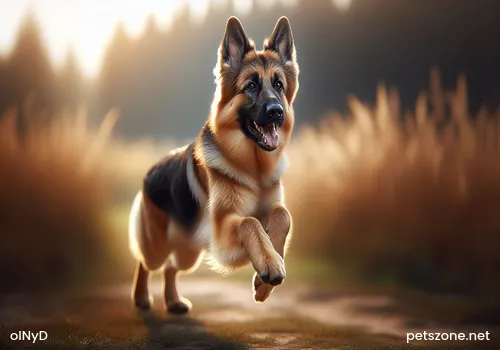What to Pay Attention to When Scottish Shepherd Dogs Chew Bones

Scottish Shepherd Dog (detailed introduction)
Scottish Shepherd Dogs are naturally inclined to chew, and even when raised at home by people, this chewing habit is hard to change. In life, to satisfy the needs of pet dogs, owners often prepare some bones so that the Scottish Shepherd can chew anytime. However, letting a Scottish Shepherd chew bones also requires attention because there is some “technique” involved.
First, it is important to choose suitable bones for the Scottish Shepherd to chew, and the bones must be cooked. Do not casually give raw or bloody bones to the Scottish Shepherd. Generally, large pig leg bones, big beef bones, and lamb bones are suitable for Scottish Shepherds. These bones are best if they have some meat on them and are given after being cooked.
Second, after knowing which bones the Scottish Shepherd can eat, it is naturally important to understand which bones the Scottish Shepherd cannot eat. For example, the small, sharp, hollow bones of common poultry like chicken, duck, and fish are absolutely not allowed for the Scottish Shepherd. These bones are small, sharp, and unsuitable for dogs to chew. They can easily puncture and injure the dog's gastrointestinal tract, causing severe bleeding and even threatening the Scottish Shepherd's life.
Third, bones at the joints of poultry are also best not given to Scottish Shepherd Dogs. These bones come with “tendons,” and when the Scottish Shepherd eats them, they can easily get stuck between teeth or seriously tear the dog's gums. This kind of bone chewing can be dangerous for the Scottish Shepherd.
Giving bones to Scottish Shepherd Dogs is actually quite a good thing. Besides satisfying the dog's natural chewing need, giving bones also helps clean the mouth and strengthen the Scottish Shepherd's teeth. But if owners are not careful, it can also bring harm to the dog.



